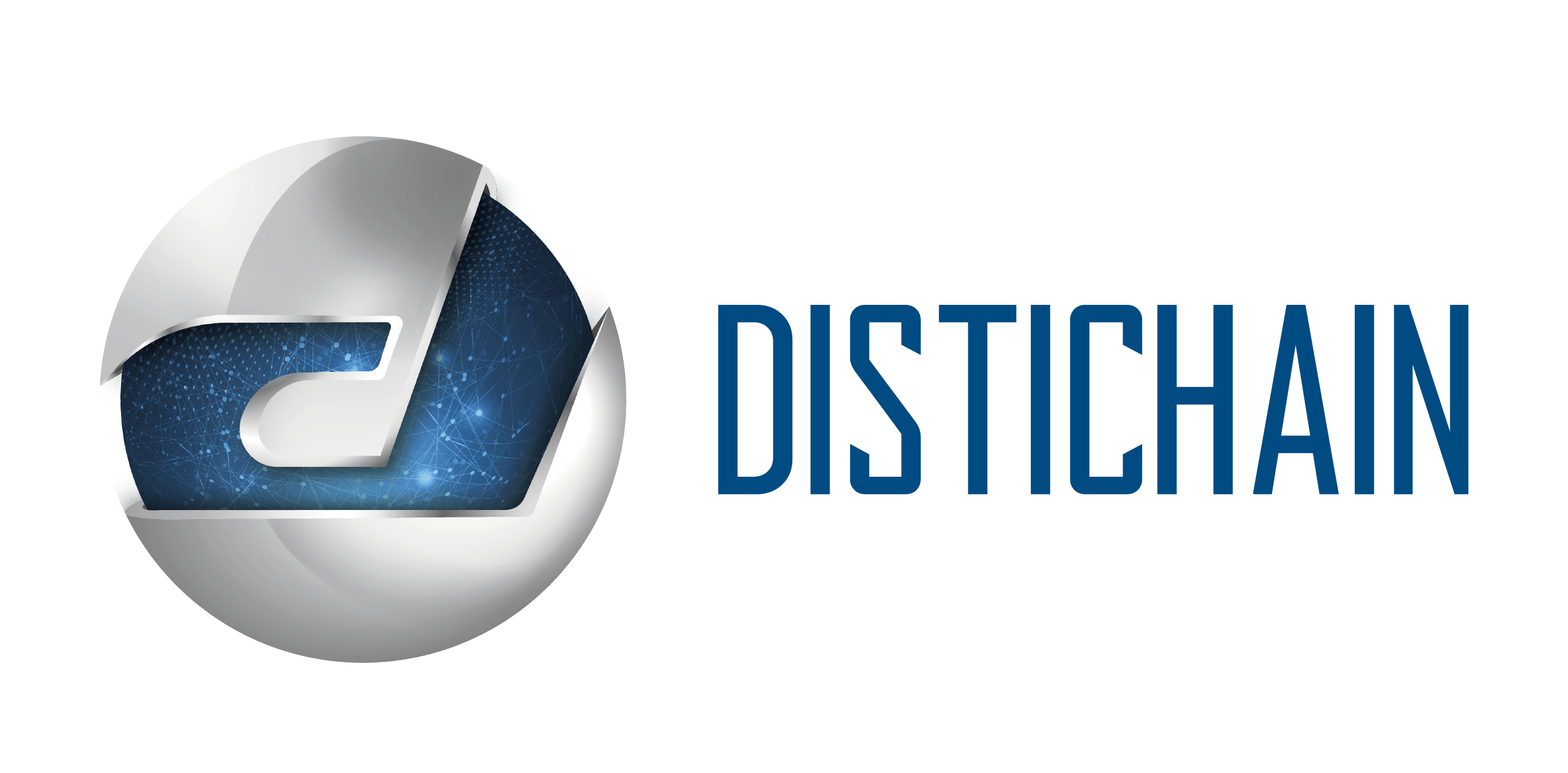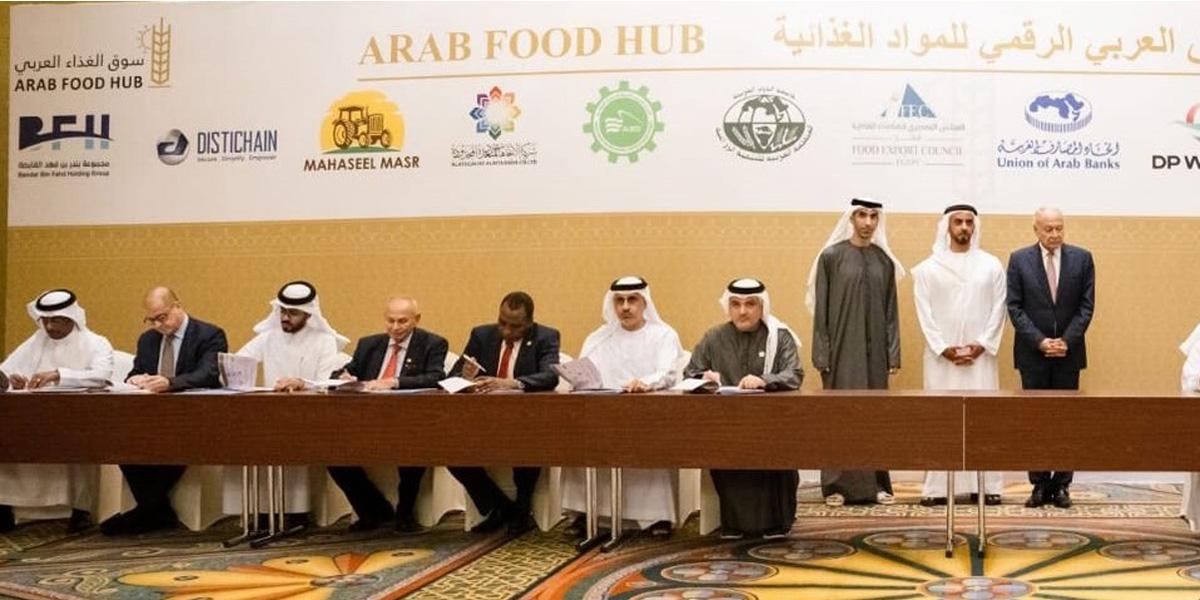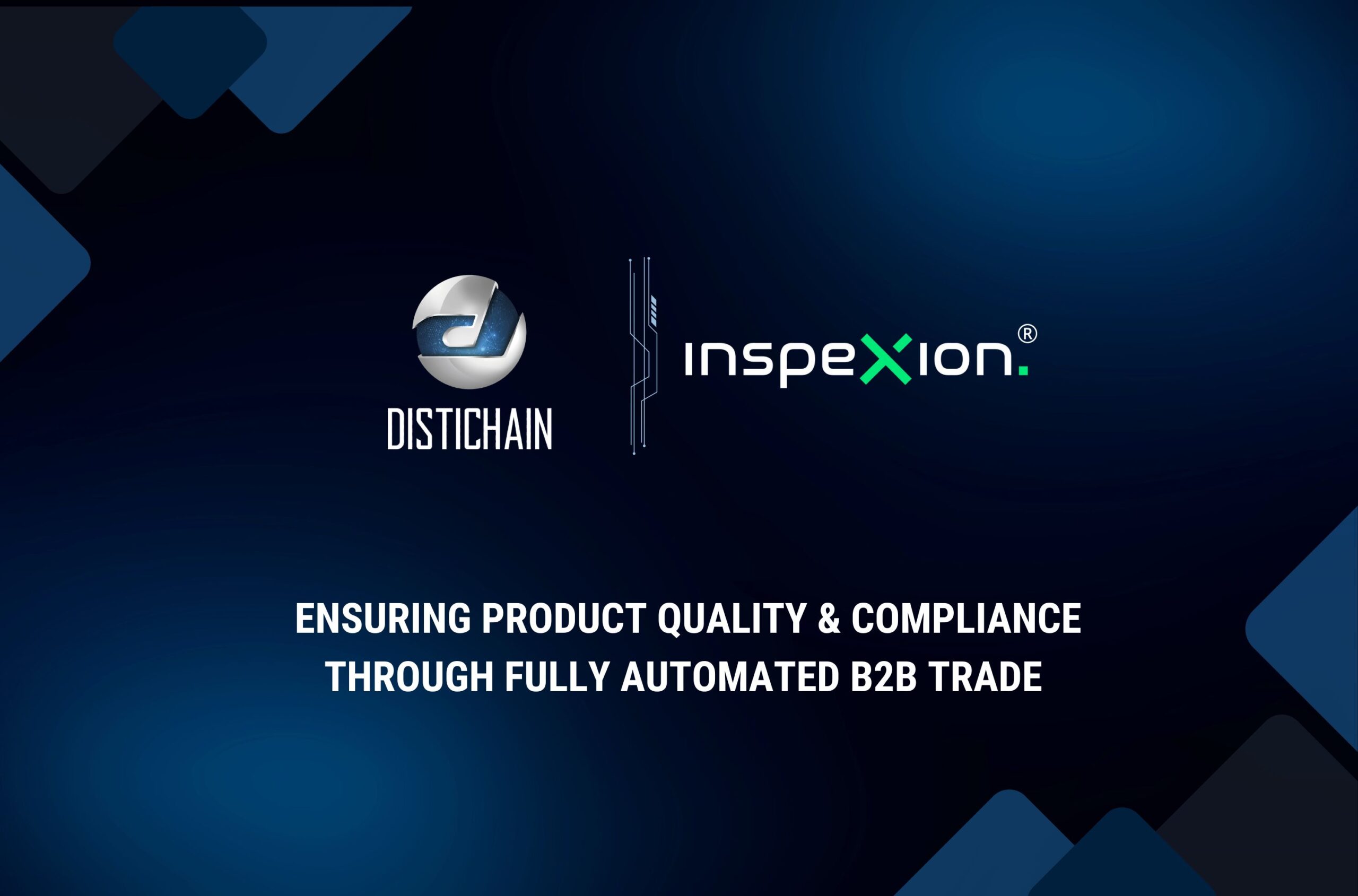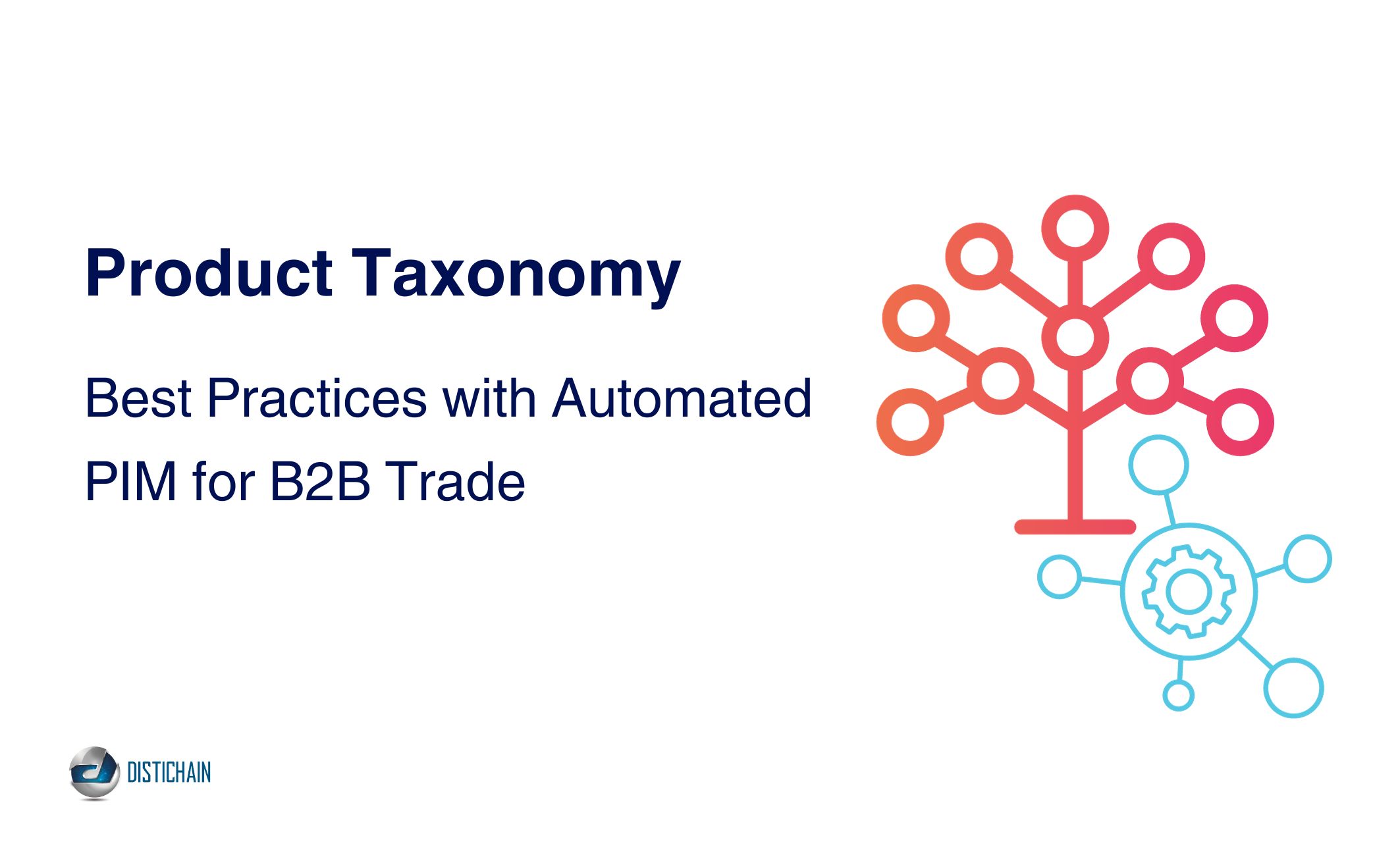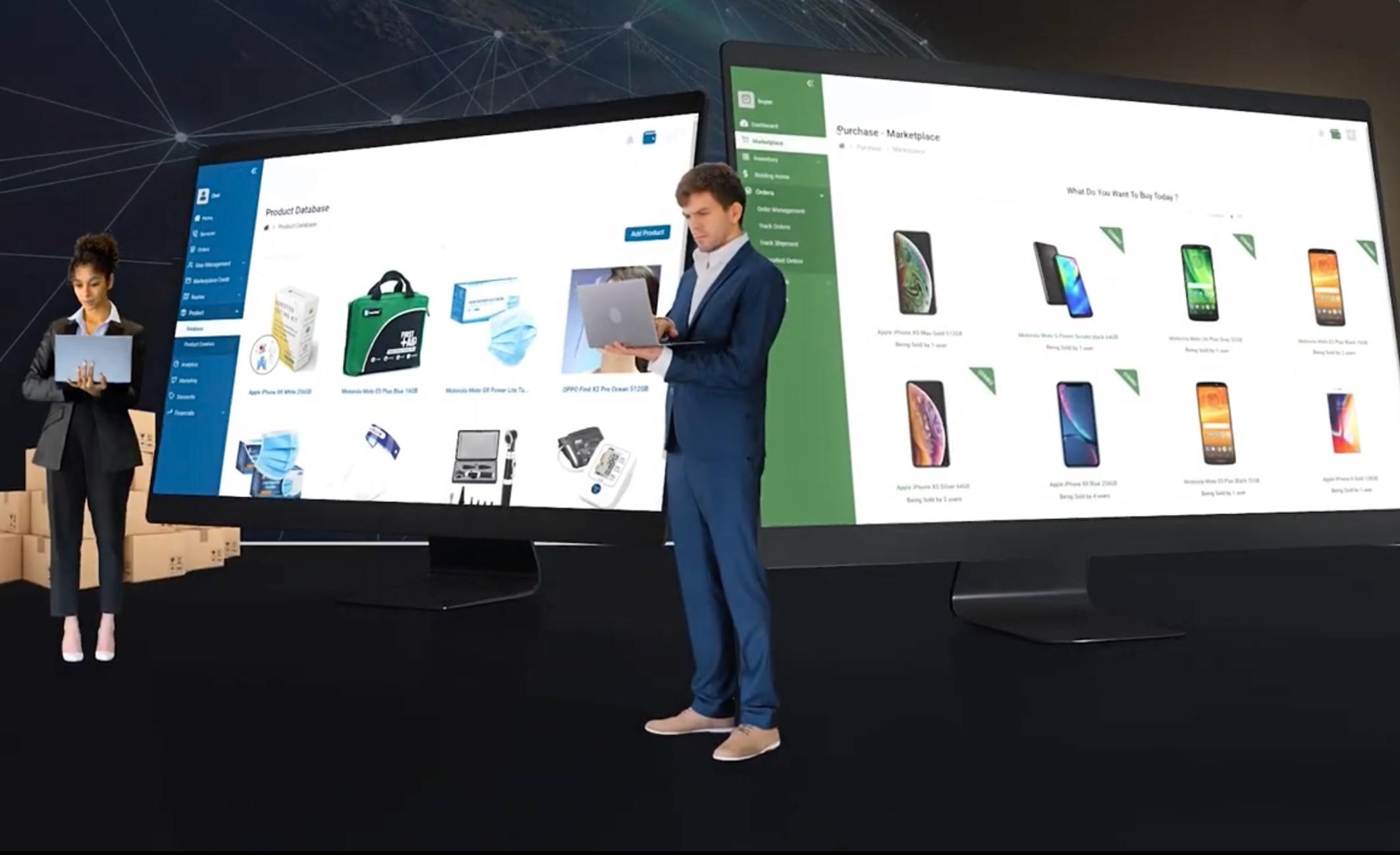The fast-moving consumer goods (FMCG) import-export business is essential to the global economy. It dominates much of the international trade landscape.
Read on for an overview of the FMCG import-export business, its characteristics, and the challenges and opportunities within the industry.
Defining FMCG Import-Export Business
The FMCG import-export business involves the global trading of fast-moving consumer goods. These goods include food, beverages, personal care products, and household items.
Characteristics of FMCG Import-Export Business
FMCG products sell quickly at low prices, catering to the everyday needs of consumers. FMCG trading aims to buy and sell these products across countries to meet global demand. All products in this category are diverse and affordable consumer goods.
Some of the primary industry players in this sector include multinational corporations like:
- Procter & Gamble
- Unilever
- Nestlé
- The Coca-Cola Company
These companies operate globally. They trade their products in various markets to cater to consumers worldwide.

Challenges and Opportunities
The FMCG import-export industry is competitive and marked by rapid product turnover and slim profit margins. To remain successful, businesses must continually innovate, adapt to new markets. They must also have the right tools to optimize their supply chain efficiency.
Let’s examine the key challenges and opportunities industry players face in FMCG trading.
Challenges in FMCG Import-Export Business
Navigating the world of FMCG import-export can be daunting as industry players face various challenges, such as:
Competition from domestic and international players:
The sector is competitive, with local and global players fighting for market share. Companies must use innovative approaches, including competitive pricing and strategic marketing. These are essential to stand out from the crowd and stay ahead of competitors.
Complex regulations and compliance requirements:
FMCG traders must decipher a complex web of country-specific regulations and compliance requirements. These may involve import-export restrictions, taxation, and labeling standards, which can consume time and resources.
High commissions from brokers:
Brokers and intermediaries often demand high commissions. This can impact the already slim profit margins for FMCG trading businesses.
Supply chain disruptions:
Various unforeseen events, such as natural disasters, political instability, or pandemics, can wreak havoc on global supply chains. These disruptions can impact the FMCG import-export business, causing delays, shortages, or price fluctuations.
Limited access to financing:
Smaller traders often face an uphill battle to secure financing for their operations. This limits their growth potential and ability to compete with larger players.
These challenges may seem overwhelming. Yet, there are exciting opportunities for growth and innovation in the FMCG import-export sector.

Opportunities in FMCG Import-Export Business
Despite facing various challenges, the FMCG import-export sector offers many opportunities for growth and innovation.
Growing demand for FMCGs in international markets:
Emerging markets show a growing demand for FMCG products, allowing businesses to expand their reach and access new revenue streams.
Expansion of e-commerce platforms:
E-commerce platforms allow FMCG traders to connect with a broader customer base. The major benefits of shifting to digital are lower distribution costs and enhanced inventory management.
Sustainability on the rise:
The increasing demand for sustainable products is a ripe opportunity. This allows FMCG traders to differentiate themselves and cater to a growing market.
Diversification into new markets and regions:
FMCG allows businesses to diversify into new markets and regions. As such, they can reduce risks associated with relying on a single market and seize emerging opportunities.
Advances in technology and logistics:
Emerging technologies help FMCG traders optimize operations, cut costs, and boost transparency. Such technologies involve blockchain and AI, giving visibility to the whole supply-chain.
These opportunities can pave the way for growth and innovation in the FMCG import-export sector. Thus, allowing businesses to adapt and thrive in an evolving landscape.

Embracing Innovation for Success in FMCG Trading
The FMCG import-export business is tough and competitive. It has many challenges and opportunities. Companies must deal with regulatory obstacles, use new technologies, and enter new markets.
To succeed, companies must stay agile and adapt to changes. One way is to embrace innovation and invest in supply chain visibility solutions. Blockchain technology leads to better efficiency, transparency, and real-time tracking. As a result, businesses can manage their supply chains, reduce disruptions, and stay competitive.
The best strategy to make use of these technologies is to opt for a platform that has the functionalities tailored for export and import activities. Businesses should consider a Blockchain-based SaaS platform that enables the easy creation of B2B marketplaces for the FMCG trading industry. FMCG enterprises can connect businesses with global buyers and sellers, cutting middlemen and saving up to 19% in costs. The platform should streamline transactions and improve supply chain visibility through real-time tracking.
Let your FMCG import-export business overcome challenges and take advantage of opportunities with platforms built for international trade.
Ready to make your FMCG trading more profitable? Learn how today.

